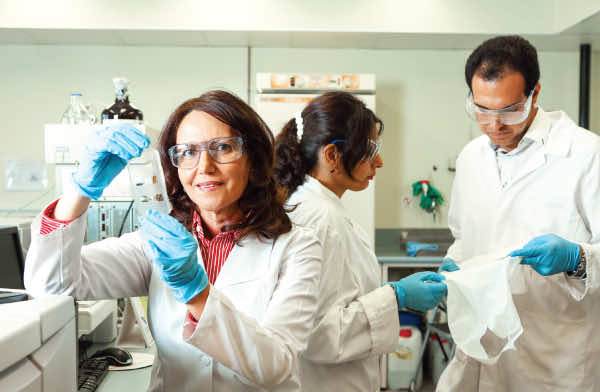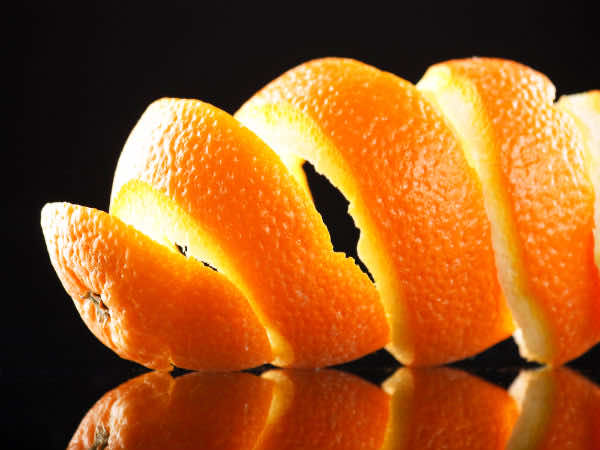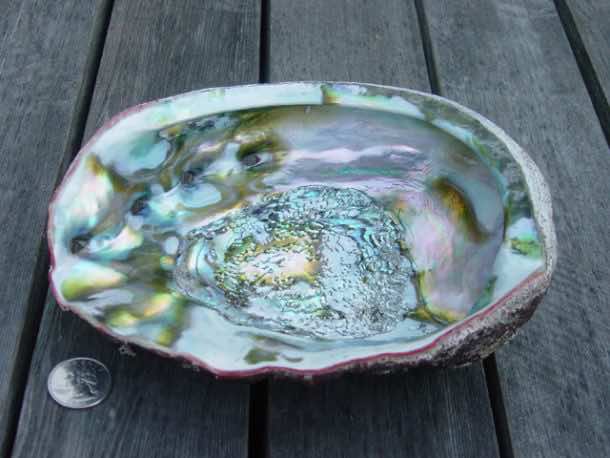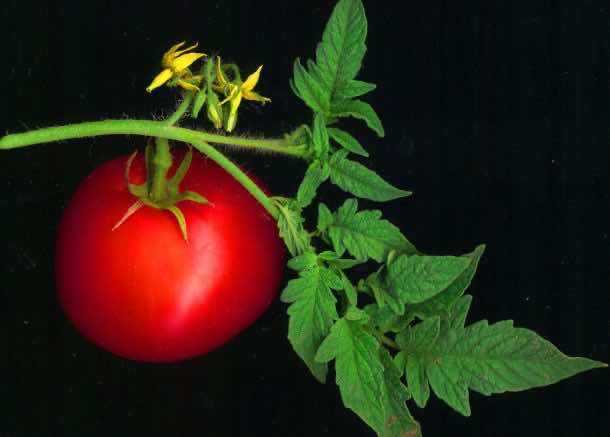Every year around 1.3 billion tonnes of food produced for human consumption globally is lost or wasted. 1.3 billion tonnes is a huge burden on the environment. But what if we could use this waste and turn it into products with remarkable health benefits worldwide? We are not talking about the waste that ends in landfills or is used as animal feed or compost. No, we are talking about curing globally prevalent diseases. What if the simple orange peel plays an instrumental role in preventing prostate cancer? What if abalone blood turns out to be a treatment for herpes? How about using leaves from cherry tomatoes to slow down the onset of Alzheimer’s disease?
These are just some of the many possibilities that could give positive results in research currently underway at the University of Sydney involving food waste.
“We are not looking so much at household food waste but waste from food processing,” said Fariba Dehghani, director of the Australian Research Council Food Processing Training Centre. Dehghani leads a small team of researchers looking at ways in which waste from the multibillion-dollar food-processing sector can be used in the fight against diseases such as cancer and Alzheimer’s.
According to the Food and Agriculture Organization (FAO) the food waste includes:
- 45% of fruit and vegetables,
- 35% of fish and seafood,
- 30% of cereals,
- 20% of dairy products and
- 20% of meat.

Can Oranges Prevent Cancer?
The peels of oranges and other citrus fruit contain many anti-cancer agents. The National Cancer Institute in Australia said oranges are a complete package of every natural cancer inhibitor known. So what is it about these oranges and other citrus fruits that makes them potentially anti-cancerous? Scientists have discovered that these fruits contain phytonutrients (substance in certain plants believed to be beneficial to health and prevent diseases). Phytonutrient known as limonene is present in the oil of the orange peel. Limonene stimulates our antioxidant detoxification enzyme system-cleaning out our enzyme and hormone system- and stop cancer before it begins. Initial research shows limonene from orange peel could reduce the cells that cause prostate cancer. Oranges, mandarins, lemons and limes contain significant amounts of limonene in the peel and smaller quantities in the pulp.

Can Abalone Blood Cure Herpes?
The Japanese use abalone blood because of its antiviral effects. Abalone is a group of small to very large edible sea snails. Scientists have found evidence that the powerful antiviral properties of abalone blood appear to block the entry of the herpes virus into cells. The research at University of Sydney has shown promising results to an extent that the proteins from abalone blood may eventually lead to a more effective treatment for cold sores and herpes. The next stage would be to design drugs which mimic the activity of this natural protein.

What if Cherry Tomato Leaves Cure Alzheimer’s?
Dehghani was approached by a company in the food processing sector had problems with leaves of cherry tomatoes that were discarded as waste. So according to research in her labs, the waste from tomato farms contains a compound that can be used to slow the progression of Alzheimer’s, one of the diseases affecting the ageing population around the world. Although the study does not yet present a cure, it could considerably slow down the disease prognosis ( likely course of a disease or ailment) and significantly increase the quality of life of older people.

Food-processing industries today are endeavouring to develop innovative approaches for sustainable processing with less footprint on the environment. Although these studies will now enter into the clinical trial phase which takes years of testing before drugs are commercialized but the studies have carved a promising path to use food waste as cure instead of just throwing in a landfill or turning it into fertilizer. The future definitely seems promising!


